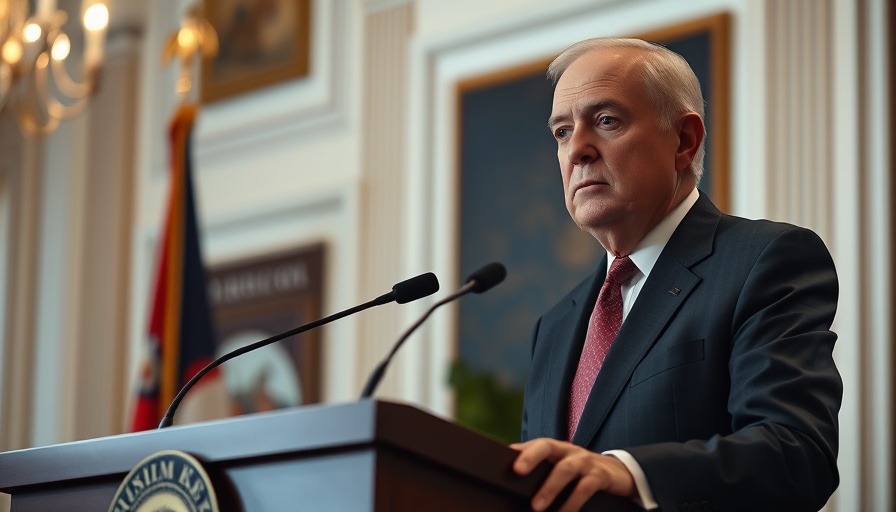
President Trump's Tariff Announcement: What It Means for American Taxpayers
In an unexpected move, President Donald Trump announced a staggering 50% tariff on copper imports, set to take effect on August 1, 2025. This significant step comes on the heels of a national security assessment highlighting copper's vital role in military and technological applications. As one of the most critical materials for modern manufacturing—from semiconductors to missile defense systems—copper is central to various industries crucial for national defense.
Impact on Copper Prices
The immediate market reaction to Trump's announcement was pronounced, with copper prices surging by 2.62%. This increase followed an even bigger jump the previous day, marking the highest daily gain in over three decades. The ripple effect of these tariffs will most likely escalate costs for consumers. For instance, U.S. consumers may face copper prices as high as $15,000 per metric ton, compared to the international market's $10,000 per ton.
National Security and Economic Implications
The rationale behind the tariff underscores a growing concern regarding economic independence and national security. The U.S. currently relies heavily on foreign copper supply—particularly from Chile, which provides nearly half of America's copper imports. By imposing tariffs, the administration is signaling a push for domestic production, but this move could lead to increased costs for manufacturers and, ultimately, consumers.
Future Trends: What Can Taxpayers Expect?
As taxpayers, it is essential to understand the potential ramifications of these tariffs. Rising copper prices could influence various aspects of the economy, from the cost of construction and manufacturing to consumer goods, potentially leading to inflationary pressures. Taxpayers might feel the pinch through higher prices on everyday products that rely on copper.
This tariff decision also raises awareness about strategic tax planning and how such government policies can impact personal finances. For savvy taxpayers, understanding how to navigate this evolving economic landscape may include utilizing tax deductions effectively to mitigate the impact of rising costs.
Concluding Thoughts
The announced tariff on copper imports serves as a stark reminder of how interconnected national security and economic policies are in today's global marketplace. As taxpayers, staying informed about these changes can help in making strategic decisions regarding personal finances and future planning. Consider consulting with a tax professional to explore potential deductions and strategies that can lower tax liabilities amid rising consumer prices.
 Add Row
Add Row  Add
Add 




Write A Comment